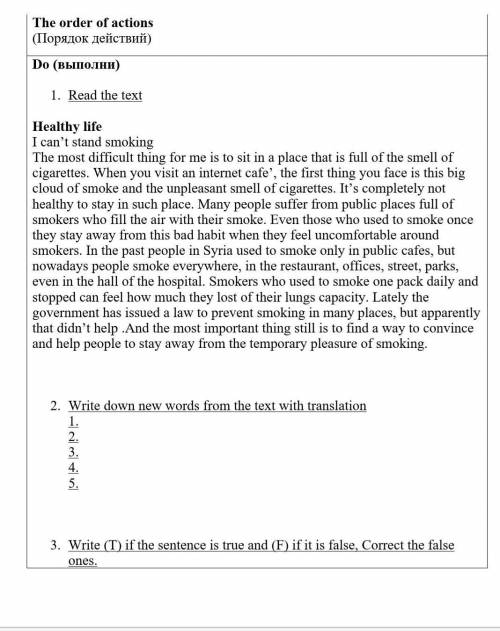
Model: It's raining hard. We can't go out. If it were not raining so hard, we could go
out.
I have no dictionary. I shan't finish the translation today. If I had a dictionary, I would
finish the translation today.
The goal-keeper was hurt early in the game. The team lost. If the goal-keeper had
not been hurt early in the game, the team would not have lost.
1. If we liked cheese, we would buy it.
2. If he hadn't lost his temper, he wouldn't have said things he did not really mean.
3. If I knew your cousin, I could meet her at the station.
Відповідь:
To begin with, I consider all people who had commited crimes must be punished. It's an anacceptable actions that create threat for society.
As for me, crimes can be unserious or non-threatening for people around. In that case, perpetrator shouldn't be imprisoned. But sometimes person's offence can be dangerous for surrounding people or, unluckily, lead to terrible consequences. At this point, that criminal must be imprisoned due to his misconduct.
As I have said earlier, thats all depends on complexity of crimes. So I assume, person who commit less violent crime should be forced to do public services and not be imprisoned, only If that person is aware of their fault and can clearly understand all the horrible implications they can result in.
To sum up, I can't claim that each person with less violent crimes shouldn't be imprisoned, because dofferent cases cause different sentence.
Пояснення: